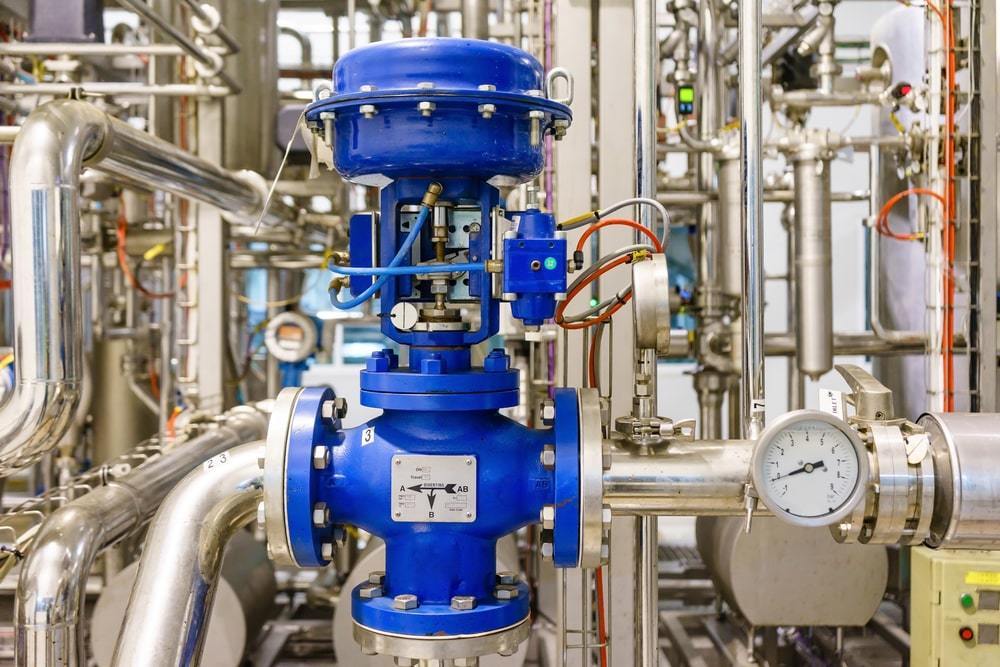Hello there! Have you ever given thought to the intricacies and applications of polypropylene tanks and pneumatic pumps? Well, you’re in luck, because that’s exactly what we’ll be exploring today. So, buckle up and get ready to dive into this engaging journey through the world of tanque polipropileno.
Key Properties of Polypropylene
Polypropylene, a versatile thermoplastic polymer, is celebrated for its strength, chemical resistance, and insulation properties. Due to these unique characteristics, it’s widely utilized in various applications, including the manufacturing of tanks.
Benefits of Using Polypropylene Tanks
From their exceptional corrosion resistance to their lightweight nature, polypropylene tanks are a favorite in numerous industries. Can you imagine having a durable tank that doesn’t contribute significantly to the overall equipment weight?
Types of Mechanical Stresses
Mechanical stresses such as tension, compression, and torsion can compromise the integrity of polypropylene tanks. Just picture these stresses like the forces you encounter while squeezing a stress ball.
Impact on Polypropylene Tanks
Too much mechanical stress can result in cracks or deformation in polypropylene tanks. The stress ball analogy works here too – squeeze it too much, and it might just pop!
Ensuring Leak-free Performance in Polypropylene Tanks
- Importance of Leak-free Performance
A leak-free performance is vital to prevent any potential spills and preserve the tank’s content. It’s like ensuring your coffee mug doesn’t leak; nobody wants a messy spill, right?
- Strategies for Leak Prevention
Regular inspections, maintenance, and employing stress-resistant designs are key to leak prevention. A bit like regularly checking your coffee mug for cracks to avoid any coffee disasters.

Introduction to Pneumatic Pumps
- What Are Pneumatic Pumps?
Pneumatic pumps, or air pumps, use compressed air or gas to generate a force. Kind of like how a balloon inflates when you blow air into it.
- Benefits and Applications of Pneumatic Pumps
From their use in chemical processes to automotive applications, the benefits of pneumatic pumps are plentiful, thanks to their durability, safety, and versatility.
Common Mechanical Stresses in Pneumatic Pumps
In parallel with polypropylene tanks, pneumatic pumps, too, are subjected to an array of mechanical stresses. These stresses can arise from numerous sources and manifest in various forms. One of the most prevalent forms of stress encountered by pneumatic pumps is fatigue.
Fatigue refers to the weakening or failure of a material resulting from repetitive application of force, or load cycles.
Impact and Solutions
Mechanical stresses can lead to inefficiency, breakdown, or even complete failure of a pneumatic pump. However, with regular maintenance and appropriate material selection, these problems can be mitigated.
Conclusion
Understanding the mechanical stresses and the need for leak-free performance in tanque polipropileno and bomba pneumática is crucial in various industries. Whether you’re an engineer, a technician, or just an enthusiast, grasping these fundamentals can certainly come in handy!

